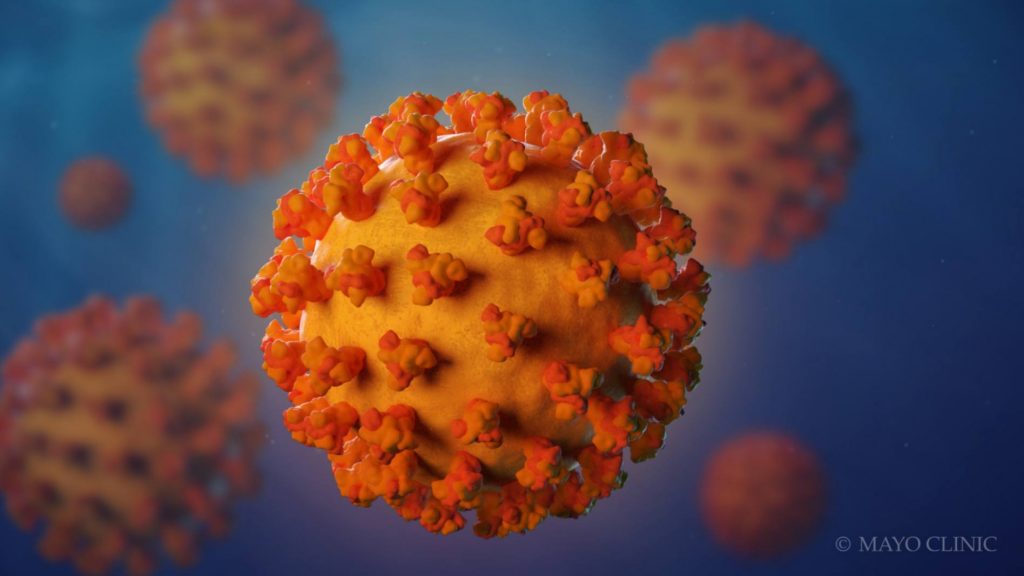
The coronavirus that originated in Wuhan, China, raised global concerns but, after a two day meeting, the World Health Organization issued a statement saying the situation is not yet an emergency of international concern.
Meanwhile, the Centers for Disease Control and Prevention is monitoring the situation and will provide updated information as it becomes available.
In addition, Mayo Clinic continues to closely monitor the coronavirus outbreak and says staff is trained and prepared to care for patients, should the need arise.
Dr. Pritish Tosh, a Mayo Clinic infectious diseases specialist, says health care providers need to ask patients with respiratory illness and fever about their recent travel.
"It's important we focus on patients with fever and respiratory symptoms, not just for the novel coronavirus, but also for other respiratory viruses that are circulating, such as influenza," says Dr. Tosh. "Once these patients are identified, they should be given a mask to wear and put into a room where a health care provider can ask them about recent travel."
Dr. Tosh adds, "They may have been to a part of the Middle East where there is ongoing MERS (Middle East respiratory syndrome) infections. They may also have been in Wuhan, China, or been close to someone who has been there."
The coronavirus is in the same family of viruses as SARS (severe acute respiratory syndrome) and MERS.
Watch: Dr. Tosh discusses coronavirus and Mayo Clinic preparations.
Journalists: Broadcast-quality sound bites with Dr. Tosh are in the downloads at the end of the post. Please "Courtesy: Mayo Clinic News Network."
"We learned a lot from the 2014 Ebola outbreak as well as subsequent MERS outbreaks in how we prepare a hospital," says Dr. Tosh."We've moved from a system of putting together new processes for every new infection that comes up to a more robust, forward-facing approach that focuses on the operations."
The number of infections that can exist are innumerable and the number of ways they can present are equally vast. What a hospital has to do is finite, says Dr. Tosh.
"And, so, we are able to move to a more operational approach that categorizes infections that we know, but also infections that we don't know, to find a response based on what we understand about a new disease," explains Dr. Tosh.
Mayo Clinic has core teams of nurses, physicians, respiratory therapists, laboratory medicine staff and many others. "Really we have everyone who is needed to take care of a patient as well as a designated part of our hospital with a laboratory, so we can properly take care of these patients while minimizing the risk to our staff and the rest of the population," adds Dr. Tosh.
He reminds people this coronavirus outbreak is a moving target and to take the numbers with a grain of salt.
"We don't quite yet fully understand the epidemiology," says Dr. Tosh. "But what we do know is this is a new disease with the potential to cause severe illness, and we are taking the appropriate steps to make sure that our health care facility is prepared for it."
"Obviously, those of us in health care, especially at a setting like Mayo where we have a lot of international patients, we are closely observing the situation and making appropriate changes to make sure we’re ready," says Dr. Tosh. "Thankfully, we’ve been preparing for something like this for a long time, and if we were to see a patient, I am confident that we’ll be able to handle the situation well."
Learn more: Novel coronavirus: What is it and how can I protect myself?
MEDIA ALERT: For an interview with a Mayo Clinic expert, contact the Media Relations Newsroom at newsbureau@mayo.edu, or 507-284-5005.







